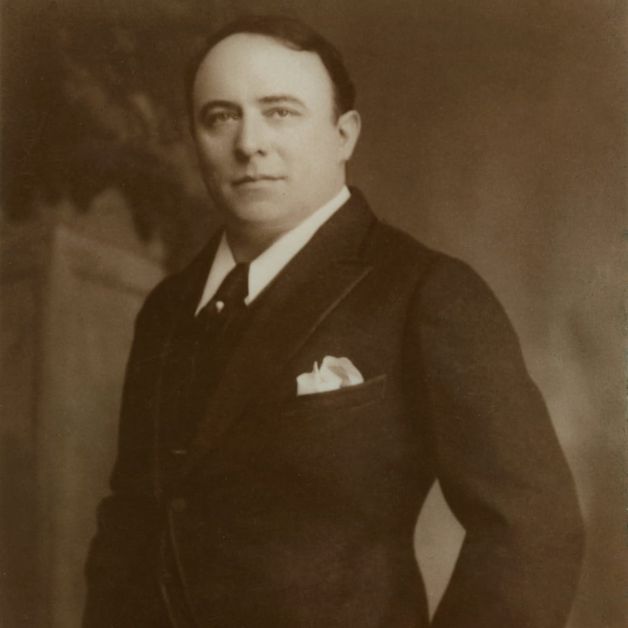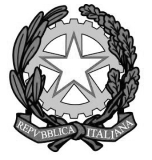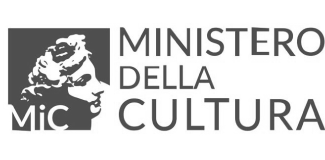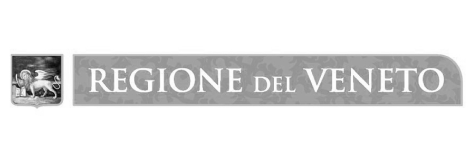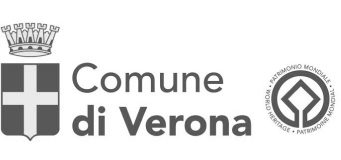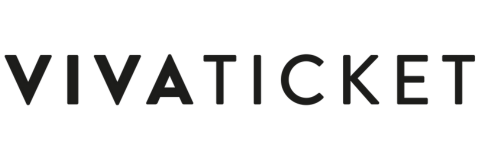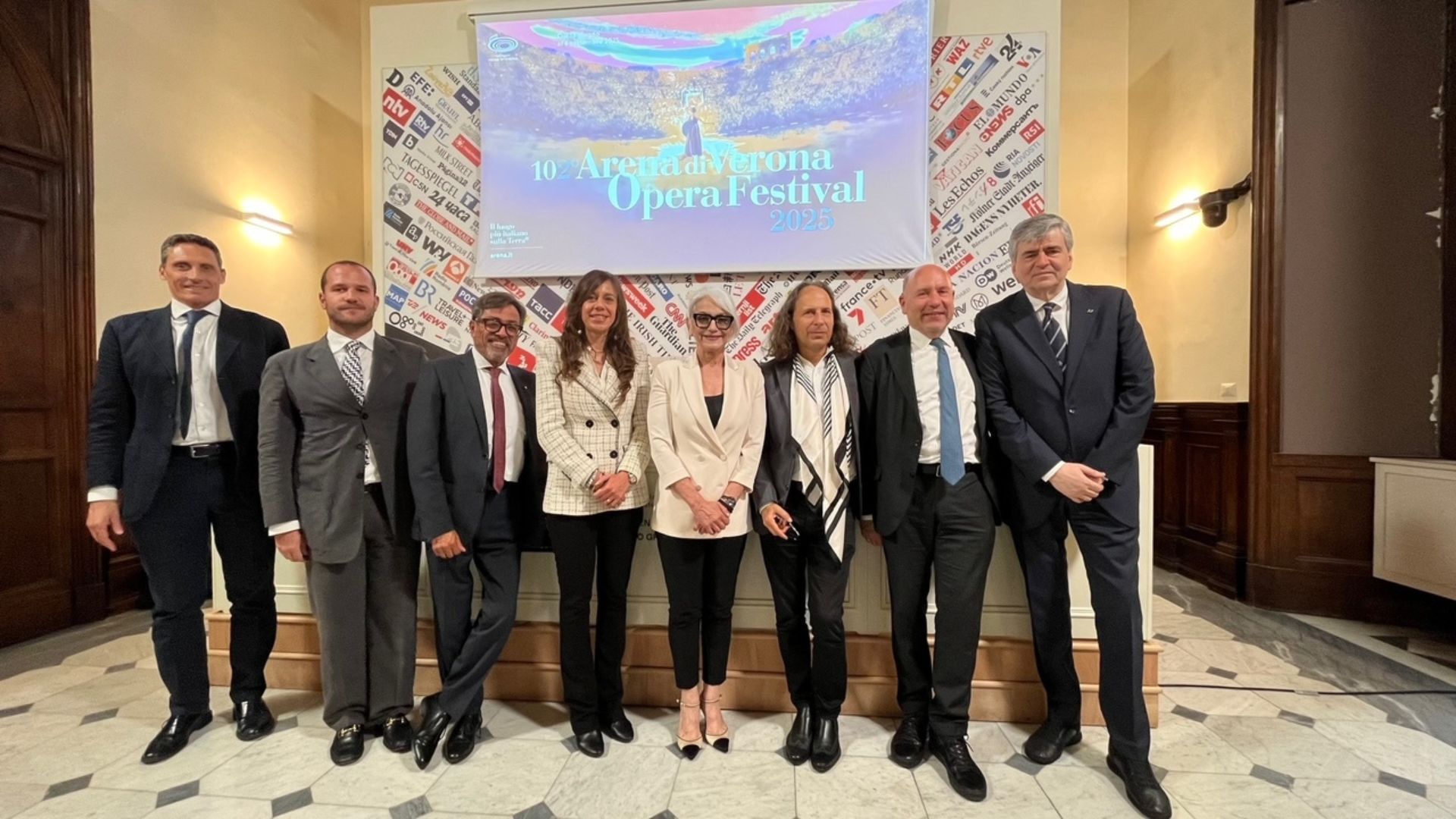
Stefano Poda's 'Atomic' Nabucco opens the 102nd Arena di Verona Opera Festival 2025
51 evening performances at the Arena di Verona between 13 June and 6 September, comprising 5 operas and 5 gala concerts and ballet productions. International stars of opera on stage and on the podium
The Festival opens on 13 and 14 June with the new production directed by Stefano Poda: an ‘atomic’ Nabucco that presents Verdi’s powerful drama with original stage effects and new costume technologies
July marks the 150th anniversary of Carmen and the death of Georges Bizet, as well as the 30th anniversary of Zeffirelli's Arena production
A timeless journey spanning conflict and reconciliation, pride and hope, a mix of humanism and technology that balances references to baroque art with futuristic visions: this is humanity, both individual and collective, according to Stefano Poda, who is behind the direction, sets, costumes, lighting and choreography of the new production of Verdi’s Nabucco, ready to take to the immense stage of the Arena di Verona from 13 June. With its original costumes and stage effects, the production also represents a significant technical challenge for the staff of the Arena and the numerous workshops involved.
The 2025 Arena Opera Festival consists of 51 evening performances between 13 June and 6 September, comprising 5 operas and 5 gala concerts and ballet productions ranging from the 300th anniversary of the Four Seasons as celebrated by Viva Vivaldi to Carmina Burana and the Jonas Kaufmann gala, and from Roberto Bolle and Friends to Zorba the Greek to mark the 100th anniversary of the birth of Mikis Theodorakis. But first and foremost the Festival is all about opera. As well as the new staging of Nabucco, other major productions from the Arena’s recent past also return in an interesting blend of different yet complementary styles: the “crystal” version of Aida that marked the 100th Festival, La Traviata set in Paris of the belle époque and directed by Hugo De Ana, the grandiose and cinematic Carmen with which Franco Zeffirelli made his debut at the Arena, andRigoletto, authentic tribute to the Arena’s tradition of painted canvases.
The stage will be filled by opera stars from all over the world: as well as Anna Netrebko, appearing at the Arena for the first time in the role of Abigaille, and debutant Marina Rebeka, this year’s Festival will also see the welcome return of the likes of Jonas Kaufmann, Nadine Sierra, Luca Salsi, Francesco Meli, Ludovic Tèzier, Anna Pirozzi, Yusif Eyvazov, Amartuvshin Enkhbat, Aleksandra Kurzak, Roberto Alagna, Luca Micheletti, Aigul Akhmetshina, Brian Jagde, Mariangela Sicilia, Piotr Beczała, Anita Rachvelishvili, Maria José Siri, Christian Van Horn, Gregory Kunde, Rosa Feola, Erwin Schrott, Vittorio Grigolo and Vasilisa Berzhanskaya. There will also be some high-profile debutants, including Angel Blue, Pene Pati, Enea Scala and Erin Morley. Taking to the podium will be Pinchas Steinberg, Andrea Battistoni, Francesco Ivan Ciampa, Daniel Oren, Michele Spotti, Speranza Scappucci (for the first time in an opera) and debutant Francesco Ommassini.
AN ‘ATOMIC‘ NABUCCO. Rehearsals are already underway, and the artists and technical staff have been hard at work for months: the curtain will soon be going up on Nabucco, Verdi’s first masterpiece and a mainstay of the Arena for its integral and spectacular choruses. The new production is the work of visionary Stefano Poda, who has overseen the direction, sets, costumes, lighting and choreography of a project that has already been described as “atomic” and which, due to its rich and multimedia nature, also represents a significant technical challenge for the staff of the Arena and the numerous workshops involved with its original costumes and stage effects. Large symbolic elements and innovative light effects are combined on set to enhance Verdi’s drama, which tells the story of a conflict not just between two peoples but within every individual, a mixture of pride, self-awareness and hope. A notion of permanent conflict that is alluded to at every moment of the production through a series of warlike visions, from the threatening post-modern thrusts of the fencers through to an atomic missile.
“Two opposites that attract and repel each other throughout the story,” explains Stefano Poda, “until they reach a point of maximum repulsion and division, before reconciling at the end. The metaphor is that of the bonds between atomic particles: matter is produced from their union but mankind has discovered how to separate them, causing total destruction. Technological progress makes everything possible and Nabucco doesn’t hesitate to use his material superiority against the defeated, resulting in dramatic consequences: what this masterpiece teaches us is that, to be effective, rationality must go hand-in-hand with spirituality.”
The opera shines a light on the contrast between reason and faith, technology and philosophy. Two apparently distinct values, two dimensions represented by two hemispheres, imposing technological installations that rotate and are joined back together at the end. Like man that first separates and divides, and then reconstructs and reunites, hoping to rediscover harmony. In the background a large hourglass, symbol of ‘Vanitas’, ready to break and to free life from the passage of time, from mortality. And an ‘atomic’ explosion which, 80 years on from Hiroshima and Nagasaki, is both a warning and a reflection on man’s instinct for self-destruction. But which also recalls the Big Bang that gave life to humanity. A blend of different arts and disciplines. Including fencing, surprising addition to the choreographies directed by Poda, for which more than 200 artists are receiving training.
In both of the opening performances Nabucco is played by Amartuvshin Enkhbat, accomplished modern-day Verdi baritone, with two different casts consisting, respectively, of Anna Pirozzi, Roberto Tagliavini, Francesco Meli and Vasilisa Berzhanskaya, and Maria José Siri, Alexander Vinogradov, Galeano Salas and Francesca Di Sauro, who also alternate in the following performances. Twenty-five years after his debut, Maestro Pinchas Steinberg returns to conduct the Orchestra and Chorus of the Fondazione Arena. For all productions, the world's leading performers will be taking to the Arena stage: Anna Netrebko will play (for the first time in Italy) the part of Abigaille, villain of the opera, for three nights (17, 24, 31/7), with Olga Maslova alongside Aigul Akhmetshina's Fenena from 9 August. The baritones will be Luca Salsi, Youngjun Park and Igor Golovatenko, while Christian Van Horn and Simon Lim will alternate in the role of Zaccaria.
Including Nabucco, five operas will be performed during the 102nd Arena di Verona Opera Festival in 2025: three other works by Verdi, Aida, La Traviata and Rigoletto, plus a celebratory staging of Carmen by Bizet. The biggest international opera stars will make every evening at the Amphitheatre truly unique. A cast of over 100 singers, conductors and dancers from all over the world with welcome returns for some of the most sought-after performers today and the best emerging young talents.
AIDA Directed by Daniel Oren, from 20 June to 4 September the ‘queen’ of operas at the Arena features Maria José Siri, Luciano Ganci, Clémentine Margaine, Igor Golovatenko and Alexander Vinogradov, the debut appearances of Marina Rebeka, Brian Jagde, Aleksandra Kurzak and Roberto Alagna in various roles, and the return of artists such as Anna Netrebko, Gregory Kunde, Ludovic Tézier and Agnieszka Rehlis. The production is the “crystal” version created once again by visionary director Stefano Poda to celebrate 100 seasons of opera at the Arena, with original lighting effects at the Amphitheatre and a personal blending of ancient Egyptian symbology and contemporary high fashion.
LA TRAVIATA. From 27 June to 2 August, La Traviata returns to the Arena in the form of the elegant Hugo De Ana production created to mark the 150th anniversary of the Unification of Italy, last performed at the amphitheatre in 2016. Taking to the podium will be Speranza Scappucci, principal guest conductor at the Royal Opera House in London, internationally-acclaimed musician, and also well-known in Italy for being co-host of the TV programme La gioia della musica. Her only previous experience at the Arena was conducting the Verdi Requiem Mass on a single date, four years ago. La Traviata therefore marks her opera debut. She is supported by an exceptional cast: Violetta is played by American soprano Angel Blue, making her debut at the Arena, who will alternate with Rosa Feola and Nadine Sierra. Galeano Salas, Enea Scala and Dmitry Korchak will alternate in the role of Alfredo, with Germont played by Enkhbat, Salsi and Tézier. For two performances, and one of Aida, Francesco Ommassini makes his debut at the Arena. This Venetian conductor in high demand in top Italian theatres, in Moscow and Seoul, has already led Arena artist groups in the opera and symphony seasons at the Teatro Filarmonico.
CARMEN. Bizet’s work returns in the classic grandiose production by Zeffirelli which celebrates 30 years at the Amphitheatre and pays tribute to Georges Bizet on the 150th anniversary of both his death and the debut of his masterpiece, bringing a vivid and cinematic vision of Seville to the stage of the Arena from 4 July to 3 September. Aigul Akhmetshina, an iconic modern-day Carmen, returns in the title role following last season's runaway success. Alisa Kolosova and Anita Rachvelishvili will alternate with her. They are joined by Aleksandra Kurzak and Roberto Alagna, couple in both art and life, as well as tenors Meli, Beczała, De Tommaso, Grigolo and Eyvazov (on his debut as Don José), soprano Mariangela Sicilia, and baritones Erwin Schrott, Luca Micheletti, and Giorgi Manoshvili. Francesco Ivan Ciampa will be on the podium and the stage will be filled with over 500 chorus singers, boy sopranos, mime artists, extras, dancers and the Antonio Gades dance company.
RIGOLETTO. Rigoletto returns from 8 August to 6 September with sets by Raffaele Del Savio that reconstruct the historic 1928 Arena debut of the opera directed by Ettore Fagiuoli, architect and leading set designer of the Amphitheatre for over twenty years. After the success of Turandot, which opened then 2024 season, conductor Michele Spotti returns to lead the Arena orchestras and singers which include Enkhbat, Salsi and Park in the title role. Sopranos Nadine Sierra, Erin Morley and Rosa Feola play the part of Gilda, seduced by the Duke of Mantua played by tenor Pene Pati, making his debut at the Arena, and Salas. The cast is rounded off by Gianluca Buratto and, in this opera and others of the Festival, established performers and emerging young talent from all over the world also in supporting roles. These include: Sofia Koberidze, Jan Antem, Carlo Bosi, Nicolò Ceriani, Francesca Maionchi, Vincent Ordonneau, Abramo Rosalen, Daniela Cappiello, Matteo Macchioni, Gabriele Sagona, Riccardo Rados, Ramaz Chikviladze, and Giulio Mastrototaro.
In addition to the 5 operas, there will be 5 special events for a total of 8 evenings of dance and concerts. JONAS KAUFMANN IN OPERA. The tenor returns to the Arena as the star of a grand gala on 3 August: an evening entirely dedicated to Italian opera, of which Kaufmann is one of the most sought-after performers worldwide.
CARMINA BURANA The Orchestra and Chorus will be at full strength on 15 August for a production of Orff's Carmina Burana conducted by Andrea Battistoni and performed by Erin Morley, Youngjun Park and countertenor Raffaele Pe.
VIVA VIVALDI. Co-produced with Balich Wonder Studio, violinist Giovanni Andrea Zanon is soloist and maestro concertatore of the Four Seasons in Viva Vivaldi. The Four Seasons Immersive Concert, on 27 August, exactly 300 years after the publication of the famous concertos, a multimedia show which was attended by thousands of young people and acclaimed with a standing ovation at its world premiere at the Arena in 2024.
ROBERTO BOLLE AND FRIENDS. Double bill on 22 and 23 July for Roberto Bolle and Friends, co-produced with Artedanza. Featuring La Scala étoile Roberto Bolle and principal dancers from top theatres around the world, this brand new programme expertly combines classic, modern and contemporary dance.
ZORBA THE GREEK. In 2025, Greek composer Mikis Theodorakis would have turned 100; the Fondazione pays homage to him with his most famous work, a celebration of dance at the Arena di Verona, for which it was expressly written. After the sell-outs of the single date in 2023 and the two dates in 2024, Zorba the Greek returns to the Teatro Romano, this time for three dates: 26, 27 and 31 August.
Performances start at the same times as last summer: at 9.30 pm in June, at 9.15 pm in July and at 9.00 pm in August and September.
Tickets for all dates are already on sale at arena.it, on the Arena di Verona social media channels and on Ticketone. There are special reductions for under-30s and over-65s.
Cecilia Gasdia, general manager of Fondazione Arena di Verona, commented: “This season will take the Arena from the end of the restoration of the amphitheatre through to the Olympic ceremonies. We can’t wait to lift the curtain on the 102nd Arena di Verona Opera Festival, packed with lots of exciting new events. I first stepped foot in the Arena as a five year-old spectator, I have been an extra, part of the chorus, a solo singer and for eight years general manager Our love for the Arena knows no bounds and we want to make it even bigger and even more international, offering a packed programme of events that attract a worldwide public but also all Italians that love music and art.”
Stefano Trespidi, deputy artistic director of Fondazione Arena di Verona, remarked: “The Arena is the only theatre that welcomes 420,000 spectators per season, 60% of whom international visitors from all over the world. It is a cultural institution of which Italy should be very proud, one which offers everybody the chance to see different kinds of opera productions, ranging from painted sets to realism and through to more modern performances. All phases and eras of opera direction. An opportunity for the public to see a wide variety of different productions over a three-month period.”
Also present at the conference held at the headquarters of the Associazione della Stampa Estera in Italia in Palazzo Grazioli (Rome) were Gianmarco Mazzi, Under-Secretary of State for Culture, Fulvio Macciardi, Chairman of ANFOLS, the Right Hon. Maddalena Morgante, and members of the Fondazione Arena Board of Directors, Federico Pupo and Stefano Soso.
The 2025 Arena di Verona Opera Festival is supported by numerous sponsors, first and foremost UniCredit, whose partnership with the Festival goes back over 25 years. Other sponsors include Calzedonia, Pastificio Rana, Volkswagen Group Italia, DB Bahn, Forno Bonomi, RTL 102.5, Genny - providers of the uniforms worn by the staff that welcome the public - and Müller, which supports accessibility projects for people with disabilities. Official partners include historic brands such as Veronafiere, Air Dolomiti, A4 Holding, Metinvest, SABA Italia, SDG Group, Sartori di Verona, Palazzo Maffei and Mantova Village. Also on board are Caviar Service, ManPower Group, Consorzio di Tutela dell’Aceto Balsamico Tradizionale di Modena DOP, and Ferroli. In addition to companies and private individuals, the partners also include the professional associations that form part of 67 Colonne per l'Arena di Verona, founded by Gianluca Rana of the pasta company of the same name and Sandro Veronesi, patron of the Oniverse Group, with Gruppo Editoriale Athesis as media partner.
